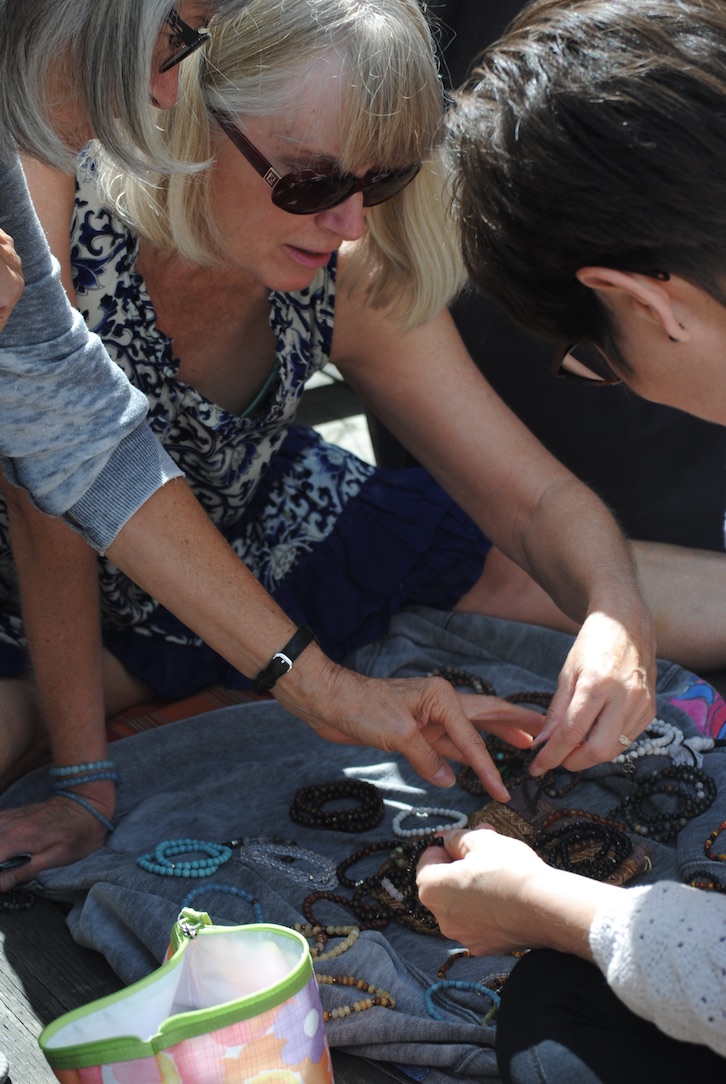As an avid proponent of objective journalism, I often feel like CBC Radio’s published news and views may be as close to the truth as media can take us. Nonetheless, a recent Sunday Edition by Michael Enright disappointed me.
Enright’s initial topic, dedicated to reviewing the past decade, looked at global polarization and its divisive nature. Very casually and as though it was the absolute truth, Enright stated his solution to such disagreement, “Of course, we would all have to compromise to resolve the polarization we are all currently experiencing.” My truth antenna immediately stood at full attention.
At least 40 years ago, my psychology classes taught me the following definition of compromise — an agreement or a settlement of a dispute that is reached by each side making concessions. In the business world, it was labeled as Lose-Lose. When you make concessions, it means all parties involved give up something to accept standards that are lower than desired. At the time, I thought that is not true for me. I did not believe then nor do I now that compromise is the solution for disagreement. And the “state of the global union” would suggest that others don’t want to lose either. Which is why I continue to practice deep collaboration and emphasize everyone winning rather than everyone losing.
Of course, the work of deep collaboration requires much more humanity from each of us. We must look deeper within to understand our own motivations and intentions, and we must listen deeper to others to understand theirs. This necessitates self-awareness along with a good deal of commitment, patience and compassion for working together in creating better ways of being in the world. When we are successful, the rewards profoundly outweigh the risk and the effort of collaborating. Some of those rewards are a deep respect and caring for the others involved; so much so, that we no longer even notice our differences. What also emerges is a powerful understanding that divergence or difference is at the very root of creativity. Without it, innovation is stymied.
Michael Enright’s belief that compromise is necessary to resolve differences reminded me just how much power words have. Without greater discernment, we believe that what influencers such as he say is accurate and truthful. It is true, that compromise is a choice. But it is not true that compromise will solve the obvious polarization we witness and experience across our planet. If you do not believe me then ask yourself, “Did the compromise of reducing nucleur disarment eliminate the fear of nuclear war or disaster?”
Compromise does not help us play well together in the sand box. Why do you think that is?
IMHO, when you start from a place of concession, your resentment in losing something triggers your competitive juices and overrides any successful outcomes. The focus becomes trying to ensure the other party loses as much as you do or hopefully even more. Think adversarial union-management negotiations or marital divorce. Kind of leaves a bad taste in one’s mouth, doesn’t it. I thought we had overcome “The War of the Roses”. Instead, it appears as though we are forgetting our less-than-honourable history and thus, repeating it.
What is also true today is polarity’s divisiveness and disagreement are certainly evident in most nation states. From my own perspective, I freely admit that I do not understand the people who voted in the right-wing conservatism of Doug Ford as Premier in Ontario or Donald Trump as U.S. President. And I cannot see how compromise will ever bring their views and mine closer together. However, past experience has proven to me that when disparate views collaborate their creativity brings forth the seemingly impossible.
when disparate views collaborate, their creativity
brings forth the seemingly impossible.
Another notable journalist and influencer, Malcolm Gladwell, presents his view point on this topic. He sees our global divisions and disagreements as arising from misunderstanding and misinterpretation due to our human inability to read people accurately. In other words, we are not good at judging others even though we do it all the time.
Think our justice system; our education system; our medical system; etc. In his latest book, Talking to Strangers, Gladwell admits “profound scepticism” of his own or anyone else’s ability to judge others’ intentions with accuracy. Frankly, many of us don’t even know what motivates our own anger, depression, anxiety, etc., let alone what motivates someone else’s. I must admit some relief rose within me as I followed his train of thought. My own view that judgment of others is wasted energy might actually be garnering support.
Judgment of any kind
is wasted energy.
Furthermore, psychology tells us that we did not evolve to be good lie detectors but rather to believe in truth. And because most people are honest, we default to believing and trusting that others are telling us the truth. Of course this doesn’t happen every time, but doesn’t it make your heart glad that as a species, we are profoundly optimistic about others.
Never once does Gladwell opt for compromise as a solution to divisiveness and disagreement. However, he does tell us to “postpone drawing conclusions about others as a means of minimizing the consequences of the inevitable mistakes based on our fallible human judgment.” Decent advice but remember this optimistic reality — all the children of the world, with all their differences, are working to get along in nursery schools. Their deep collaboration will bring forth the seemingly impossible.





